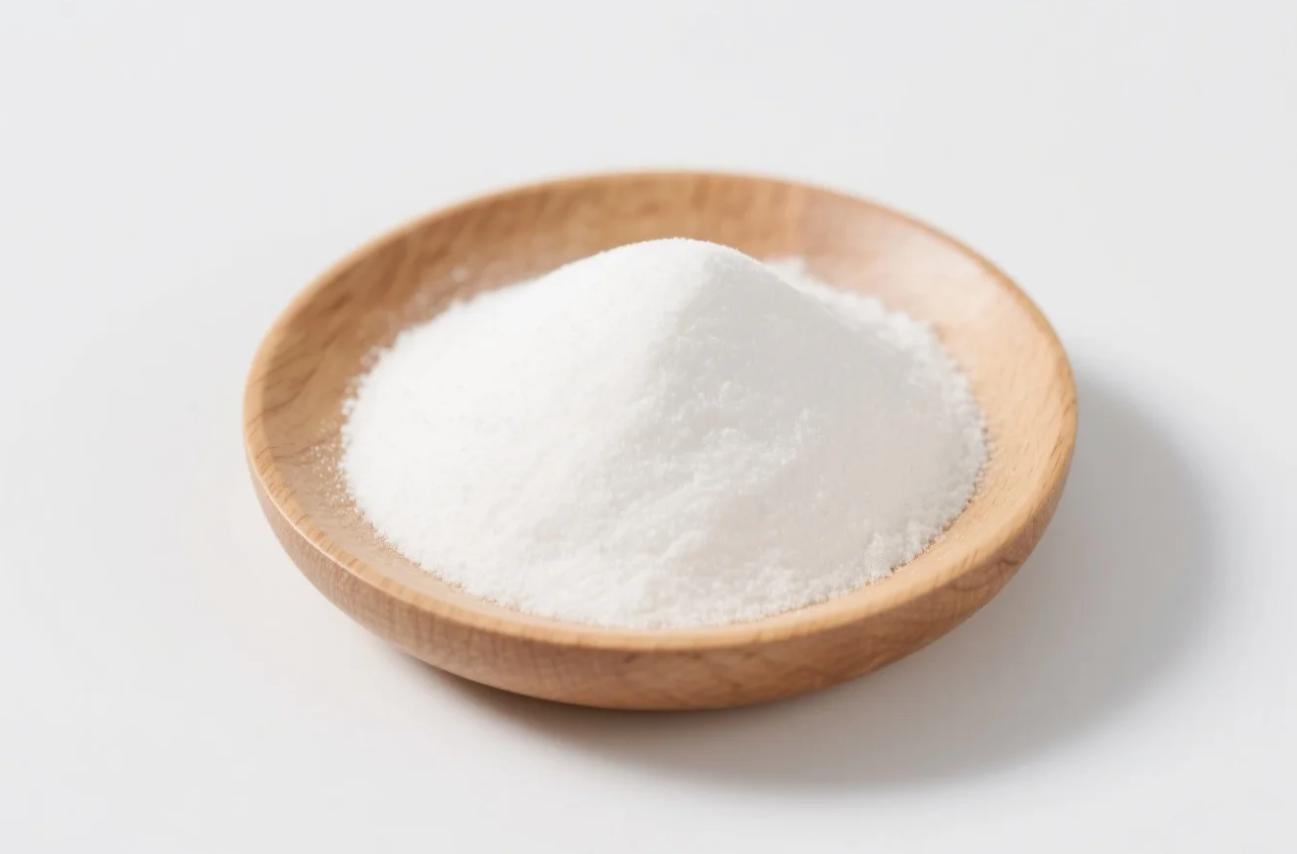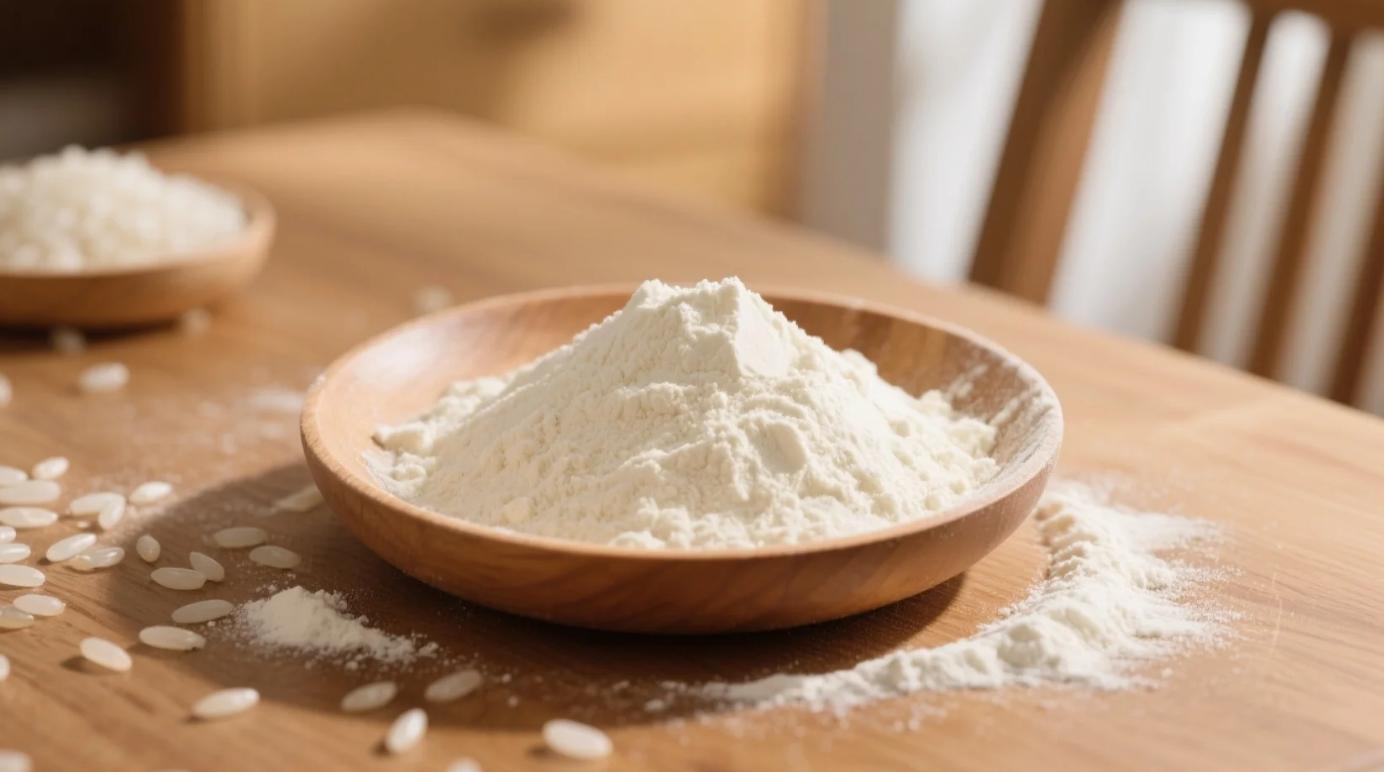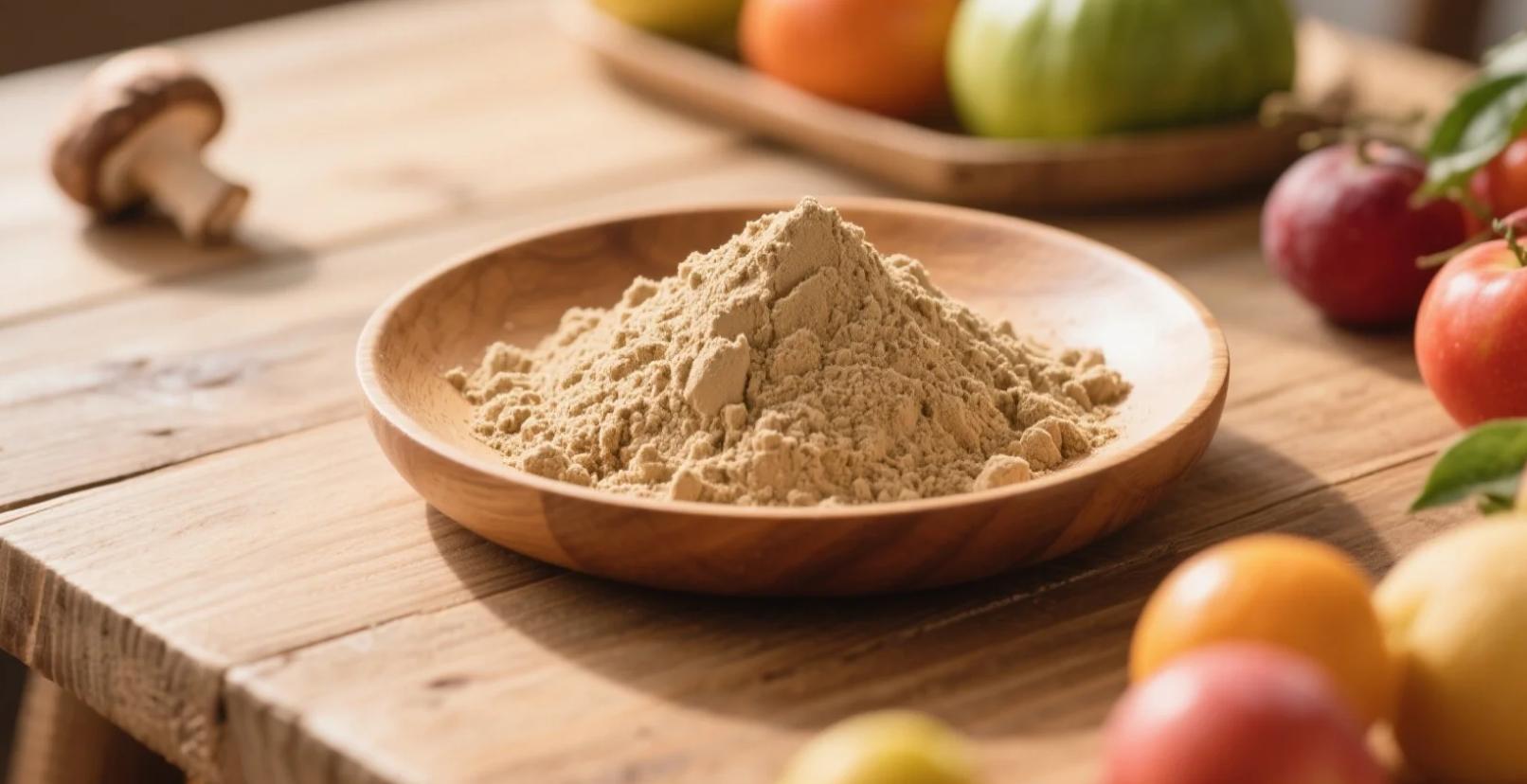Table of Contents
The global sports nutrition industry is becoming more sophisticated and transparent. Fitness enthusiasts, athletes, and nutrition brands are all moving toward natural, functional, and organic ingredients. Among the clean carbohydrate sources available today, organic dextrose powder stands out as one of the most effective — but how does it compare to other popular natural sweeteners such as maltodextrin, allulose, and fructose?
This article explores the key differences between these ingredients and explains why organic dextrose powder remains a top choice for energy and performance nutrition formulations.
Understanding Organic Dextrose Powder
Organic dextrose powder is a pure form of glucose derived from organically grown corn. It is a monosaccharide, meaning it’s the simplest carbohydrate form and can be absorbed immediately by the body.
In performance nutrition, this rapid absorption translates into instant energy, supporting endurance, strength, and recovery. Unlike refined sugars, organic dextrose is clean, non-GMO, and free from chemicals or artificial residues — perfectly fitting the clean-label trend in today’s supplement market.
Comparison with Other Natural Sweeteners
1. Organic Dextrose Powder vs. Maltodextrin
Both dextrose and maltodextrin are derived from starch (commonly corn), but they differ in structure and absorption rate.
- Maltodextrin is a polysaccharide, composed of longer glucose chains that take slightly longer to digest.
- Organic dextrose is a monosaccharide, instantly absorbed and ideal for quick energy recovery.
Verdict:
- Dextrose is better for rapid post-workout glycogen replenishment.
- Maltodextrin works well for sustained energy release during endurance training.
For manufacturers, using both in combination can create a balanced carbohydrate profile.
2. Organic Dextrose Powder vs. Fructose
Fructose is another natural simple sugar found in fruits and honey. However, its metabolism differs from glucose. Fructose is processed in the liver before being converted into glucose, which delays energy availability.
- Fructose: Slower energy release; excessive use may strain the liver.
- Dextrose: Direct and immediate energy; safer for athletes needing fast fuel.
Verdict:
For high-intensity or quick-recovery sports, organic dextrose powder is the superior option due to its direct glucose availability.
3. Organic Dextrose Powder vs. Allulose
Allulose is a low-calorie natural sweetener gaining attention in healthy foods. It offers about 70% of the sweetness of sugar with minimal calories. However, its energy contribution is negligible, making it unsuitable as a carbohydrate source for sports nutrition.
- Allulose: Excellent for low-calorie formulations, not energy recovery.
- Dextrose: Perfect for restoring glycogen and supporting physical performance.
Verdict:
For sports and endurance nutrition, organic dextrose provides the energy athletes need, while allulose is better suited for weight management or keto-friendly products.
Why Organic Dextrose Powder Excels in Performance Nutrition
- Rapid Glycogen Replenishment – Dextrose restores muscle glycogen faster than most other sugars, aiding post-workout recovery.
- Enhanced Nutrient Uptake – It improves protein and amino acid absorption by stimulating insulin response.
- Clean Label Advantage – Certified organic, non-GMO, and free of chemical additives, it aligns with the clean nutrition trend.
- Versatile Formulation – Blends easily with proteins, electrolytes, or vitamins in powders, bars, and beverages.
Application Examples
- Pre-workout energy drinks: For immediate glucose availability.
- Post-workout shakes: To accelerate recovery and muscle repair.
- Hydration blends: Combined with electrolytes for quick replenishment.
- Endurance supplements: Balanced with maltodextrin for sustained energy release.
Choosing the Right Carbohydrate
When developing performance products, it’s essential to match the type of carbohydrate with the athlete’s energy needs and brand positioning:
| Sweetener | Source | Energy Speed | Calories | Ideal Use |
|---|---|---|---|---|
| Organic Dextrose | Corn (Organic) | Very Fast | 4 kcal/g | Energy, recovery, pre/post workout |
| Maltodextrin | Corn, Tapioca | Moderate | 4 kcal/g | Endurance, long sessions |
| Fructose | Fruits | Slow | 4 kcal/g | Low-GI foods |
| Allulose | Enzymatic Conversion | None | <0.4 kcal/g | Low-calorie or keto diets |
Final Thoughts
As the performance nutrition market continues to favor natural, sustainable, and science-backed ingredients, organic dextrose powder remains one of the most effective carbohydrates for energy, endurance, and recovery.
It combines the power of rapid absorption with the benefits of organic purity, making it an ideal ingredient for brands seeking to deliver clean, high-performance nutrition to their customers.
Recommended Product
Organic Maltodextrin Powder
Organic maltodextrin with DE 8–20 range, neutral taste, high solubility, and multiple functional uses.


